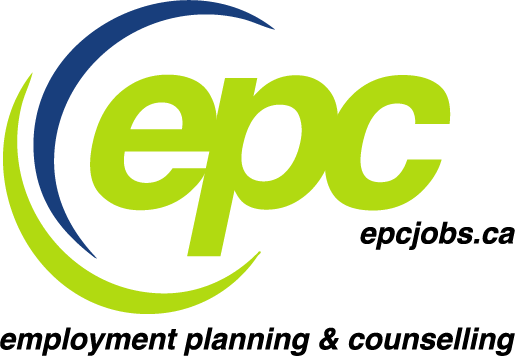There are many options for promoting yourself to potential employers. Whether you are using a CV, chronological resume, functional/skills-based resume, portfolio, promotional video, social media platforms, personal website, or LinkedIn profile, there are many ways to highlight your qualifications and attributes.
In addition to recommending the use of keywords, there is an emerging focus on headlining accomplishment-based examples. This format allows the job seeker to portray their value, innovation, and special skills.








